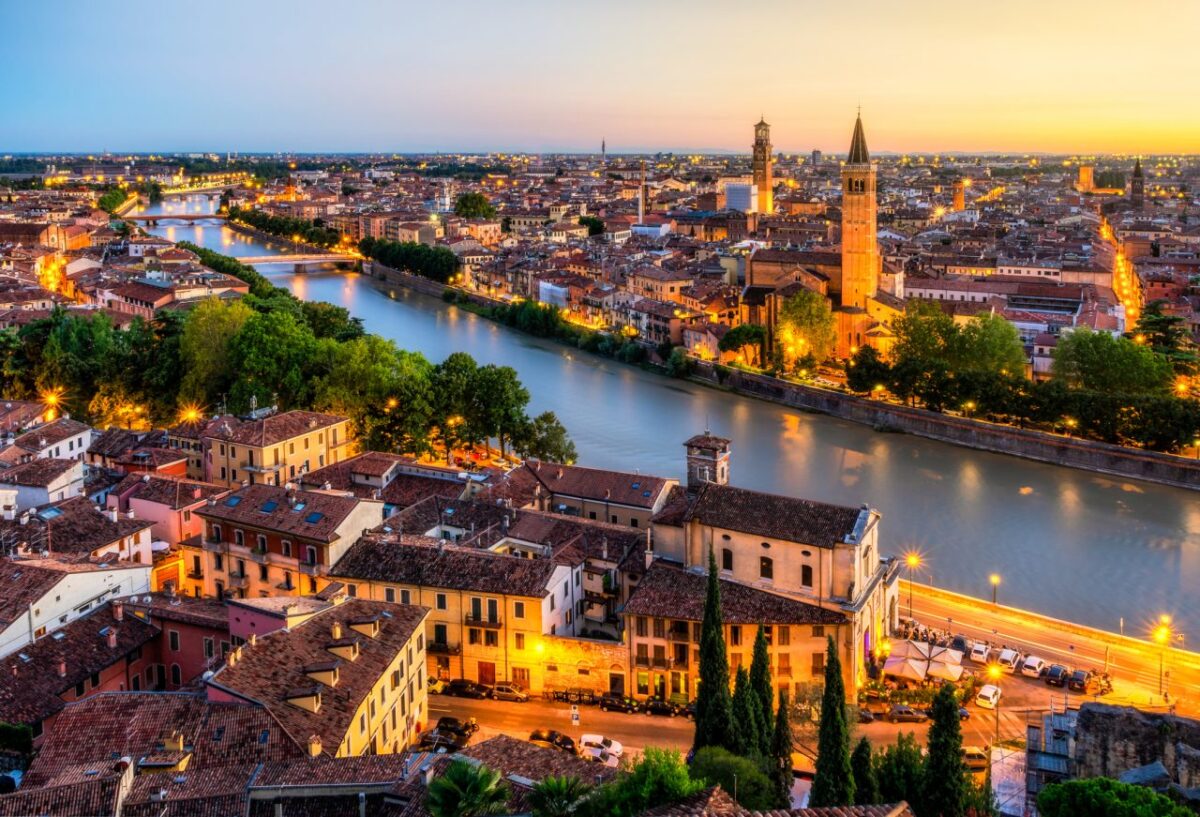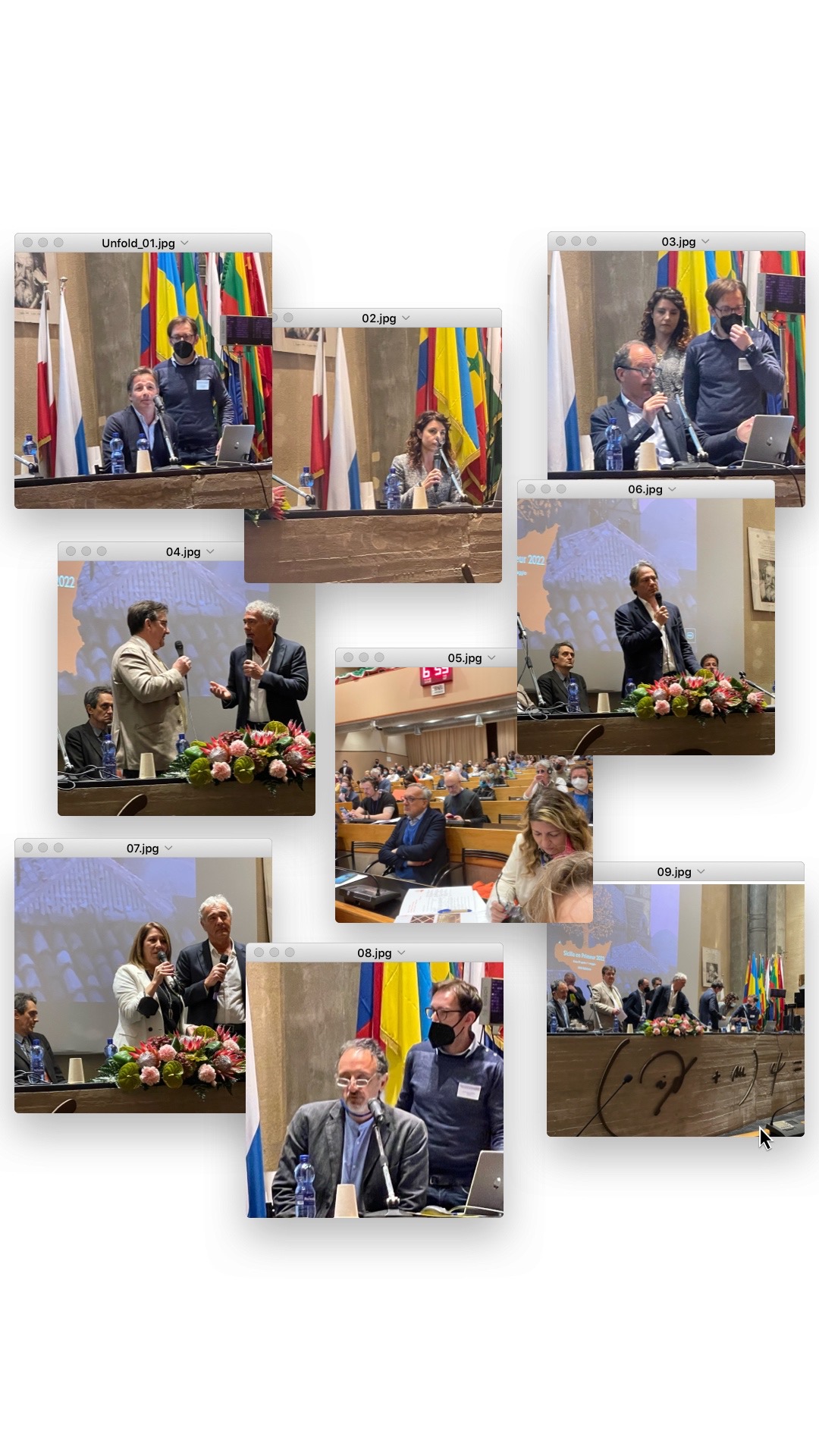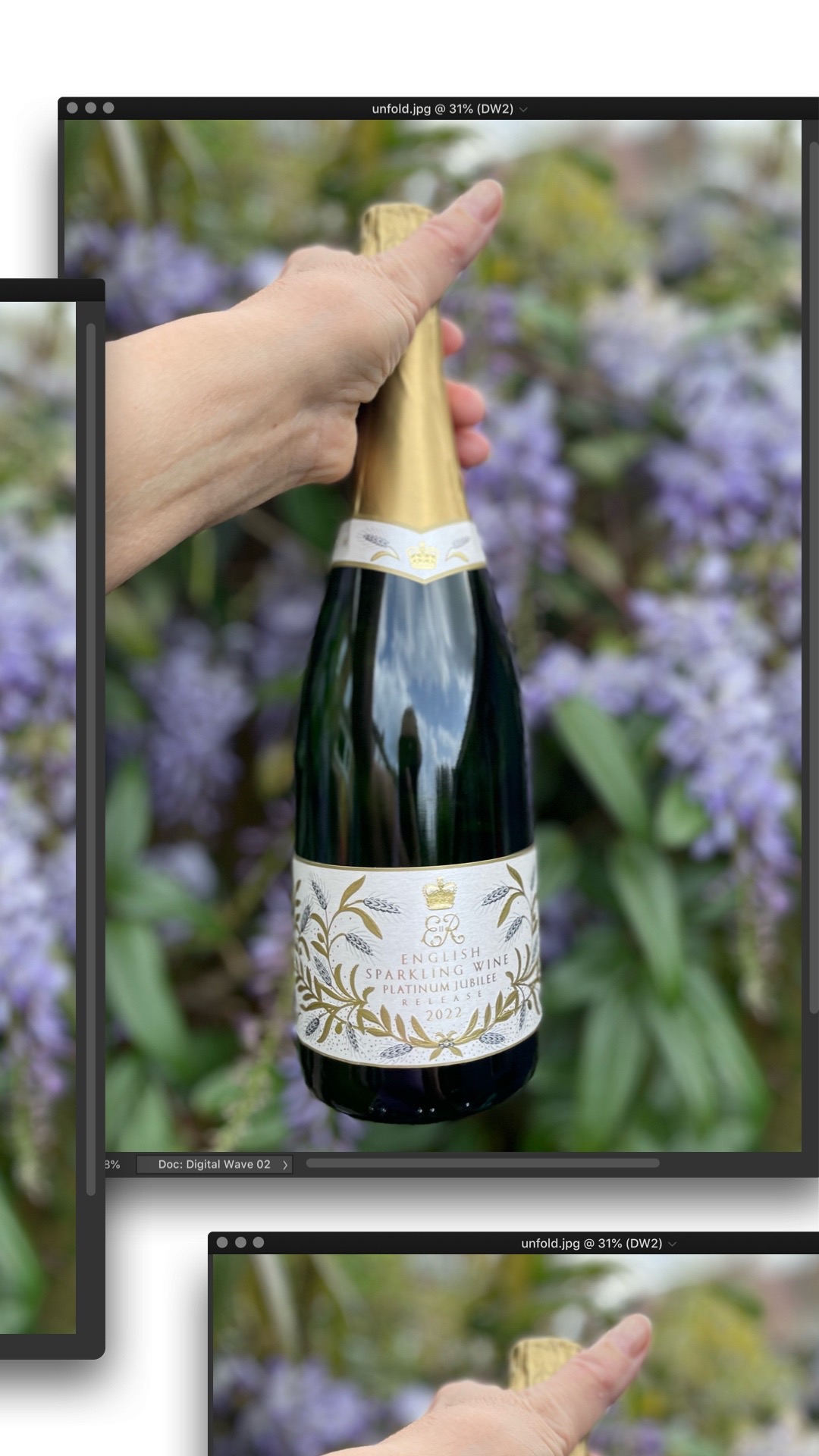A few weeks ago, it announced that the city of Verona has the approval to develop a wine museum “Museo del Vino (MuVin)”, with support from the Italian Ministry of Tourism and various Italian tourism agencies. Verona is also hosting Vinitaly, one of the world’s largest wine fairs, a wine museum seems to be a good fit.
“I was in Edinburgh, Scotland, years ago, and there I had the opportunity to visit the popular Scotch Whisky Experience”, said Enrico Corsi of the Veneto Regional Council, who promoted and developed the idea behind the project, to wine news platform Decanter. “I wondered why something similar could not be done with wine in Italy. I realised that we did not have anything comparable in our country, apart from a bunch of smaller private initiatives.”
Minister of Tourism Massimo Garavaglia was pleased with the promotion. “The real innovation here is that, with the MuVin, Verona will become a hub for the whole country and in particular for the Italian wine tourism sector. This project has the capacity to go far, and we’re 100% behind it”, Italian food news platform Foodtop reported.
MuVin is now a €50 million project that will feature a museum, visitor and exhibition centre located in Verona’s Gallerie Mercatali. The venue will be opposite the city’s exhibition area, which hosts a number of popular shows all year-round, including Vinitaly itself. MuVin will also feature an ‘experiential path’ that will show visitors the history of wine, viticulture, wine production, the impact of climate change on wine production, and wine and food pairing.
The museum wants to offer educational activities as well, with wine lovers welcomed to learn wine-tasting techniques as well as to conduct virtual visits to wineries and UNESCO heritage vineyards in augmented reality rooms. According to Corsi, the project should be finished in four years. “We expect MuVin to be ready by 2026, when Northern Italy will host the next Winter Olympics.”
Sources: Decanter, Euronews, Foodtop (Italian), L’Adige (Italian)
#wine #winenews #winetrade #winetourism #winemuseum #verona #MuVinVerona
#italianwine #italianwinelovers #Vinitaly #wineandfood #MuseodelVino #MuseodelVinoVerona
#winelovers





![UC Davis Library Acquires “Le débat du vin et de leaue” the first wine book written in French [dated 1515]](https://www.liz-palmer.com/wp-content/uploads/2022/05/page0-16-1.jpg)